Cooking Sections champions regenerative eating at the Serpentine’s The Magazine restaurant
London-based artist duo Cooking Sections has created a menu of three dishes for The Magazine restaurant at Serpentine North, as part of the museum’s ‘Back to Earth’ programme featuring artistic responses to the climate emergency

Inside the Zaha Hadid-designed Magazine restaurant at Serpentine Galleries, a climate solution is cooking. In the face of a global food crisis, a complex set of problems around how we consume food requires an equally involved set of solutions. Daniel Fernández Pascual and Alon Schwabe, founders of London-based studio Cooking Sections, are working across disciplines with scientists, chefs, and policymakers on their ongoing research project, Climavore. As part of ‘Back to Earth’, the Serpentine's long-term programme featuring artistic responses to the climate emergency, Cooking Sections has created a menu of three dishes: one small, one large, and one sweet. Each aims to showcase an adaptive and ecologically conscious food system.
What began in 2015 to encourage restaurants across the United Kingdom to replace farmed salmon from their menus with more sustainable ingredients (by way of stimulating marine habitats and improving water quality) has become a much larger conversation. Through collaborations with Cooking Sections, cultural institutions in the UK, Sweden, and the United States are addressing the issue of food industrialisation. ‘It's about setting the framework under which chefs, cooks, anyone, can develop to their own needs and scale,’ says Schwabe. ‘We're not writing recipes and distributing them to restaurants. These recipes are made by the chefs.’
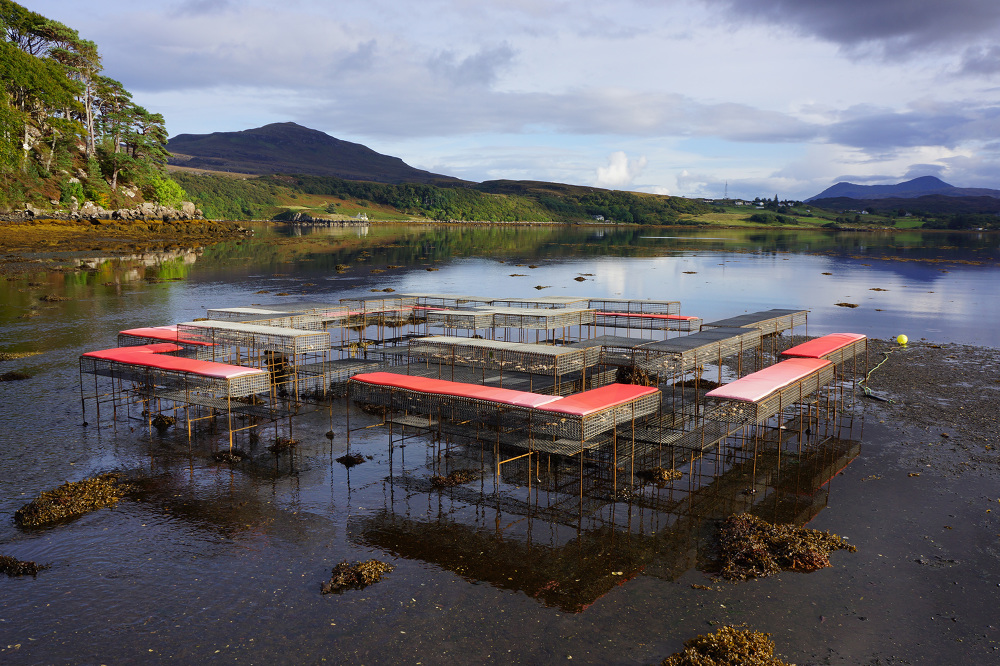
Cooking Sections’ Climavore: On Tidal Zones, 2017 on Isle of Skye, Scotland.
The three new dishes for The Magazine are made with regenerative agriculture in mind. Using plants designed to improve the quality of their soil (a rotational crop practice rooted in Indigenous wisdom), tomatoes on toast is served on YQ sourdough – the name stands for ‘yield/quantity’, an alternative flour with a unique flavour profile. This approach strives to introduce renewed grain varieties at optimal times of the year. ‘When you go to the supermarket in cities like London, you can find pretty much anything all year round; there's a certain erosion of the seasons,’ says Fernández Pascual. ‘So we started to consider how seasons can inform choices, but also policies or landscapes.’
When we regard market stalls during the seasons: spring, summer, autumn, and winter, we're met with artichokes, blackberries, pumpkins, and clementines. But looking to the future, with the trajectory we're on, what would it look like to eat in the season of polluted oceans and drought or the season of wildfires and flash floods? This is the exact thought experiment that launched Climavore. ‘We thought it would be compelling to work with a restaurant to do an intervention there. For us, the restaurant is a significant place,’ says Fernández Pascual, who points out that the term ‘restaurant’ can be traced back to the 19th century, and derives from the French restaurer. ‘We like to see the restaurant as a place, not only to restore the human body but to restore ecology at large today.’
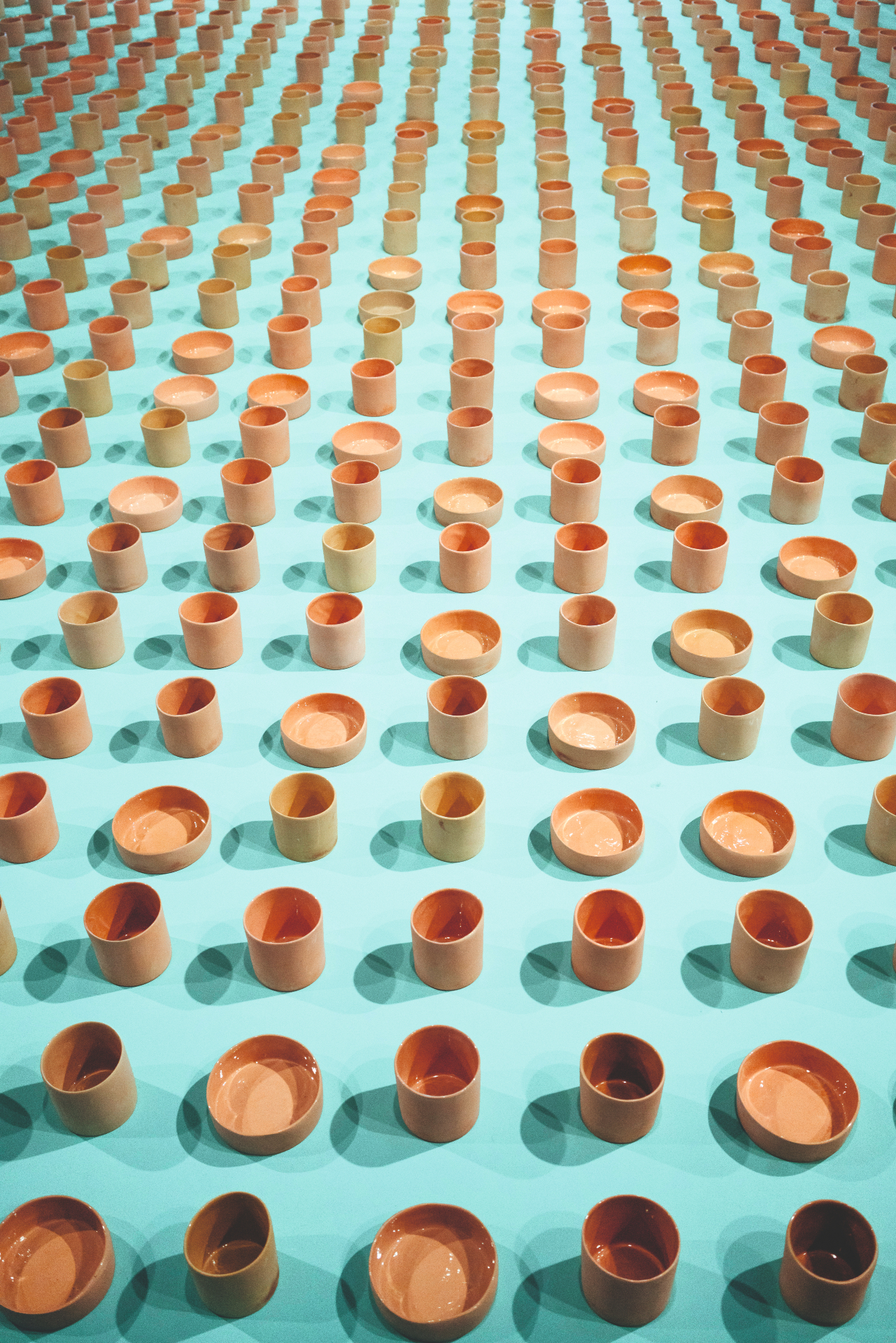
Cooking Sections’ Climavore: Seasons Made to Drift, 2021, at Salt Beyoglu, Istanbul.
The Magazine is an extension of Serpentine North, which was built in 1805 as a gunpowder store. Hadid’s glass walls curve in space around oval skylights in the deep billowed ceiling, creating a characteristically organic form. The gallery's gardens can be seen past sculptural columns that punctuate the dining room. As the Serpentine’s leading food and drink destination, The Magazine is an extension of its exhibitions. After tomatoes on toast, the ‘Back to Earth’ menu offers British chickpea tabbouleh with bright summer squash, lemon verbena harissa, robust barrel-aged feta and mint. Then to finish, a seasonal rhubarb and British red and white quinoa cake, served with bay leaf honey and stem ginger ice cream. A simple menu infused with elaborate research.
Through Climavore, Cooking Sections offers actionable sustainability through collective transformation. Any one of the ‘Back to Earth’ dishes is a feast for the palate, but more importantly, it opens a dialogue. It encourages us to participate in the discussion and include all voices in developing new strategies and innovations to better the future of food.
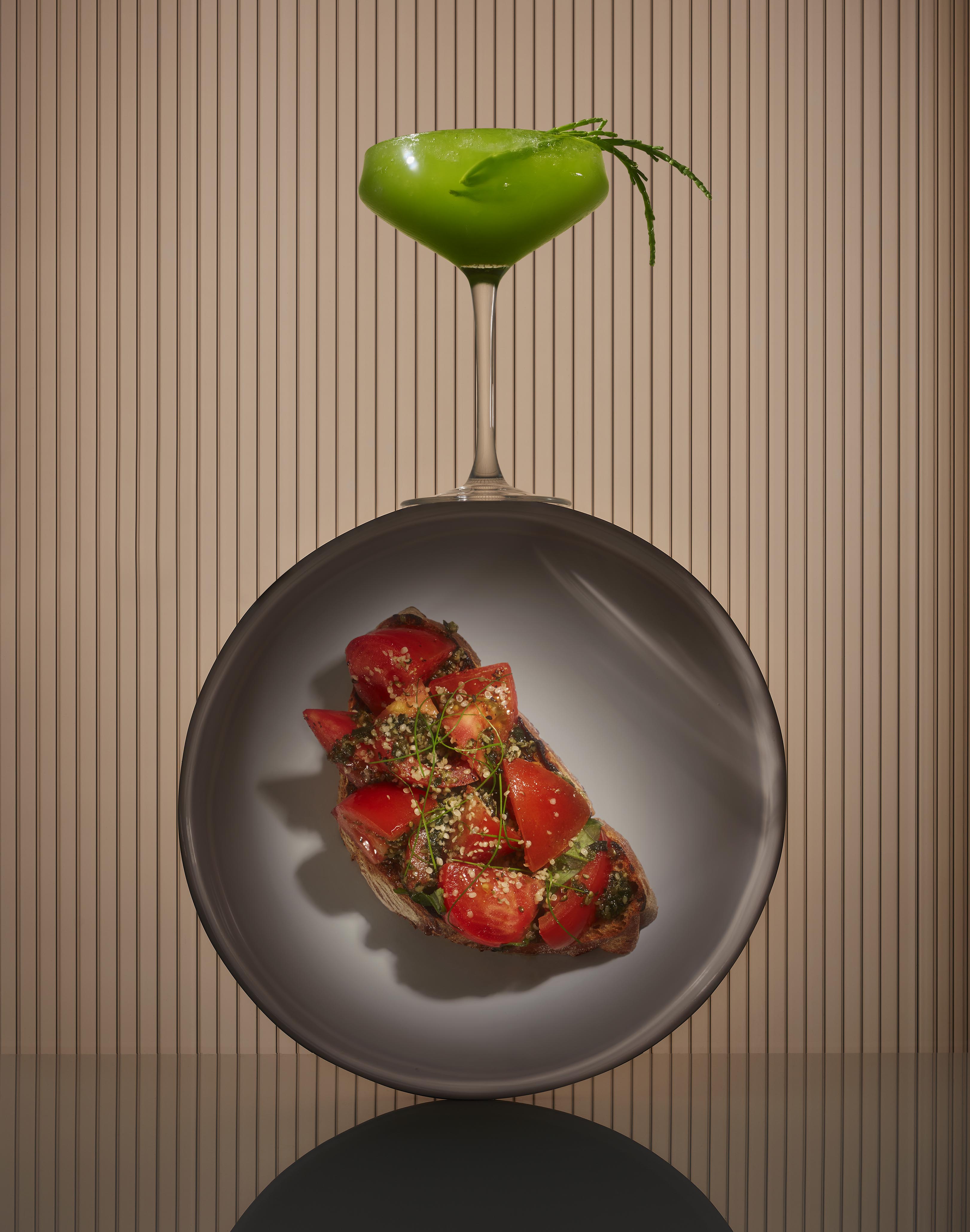
Our artist's palate feature in the August 2022 issue features the recipe for Cooking Sections’ tomatoes on toast, (pictured with a Seaweed Seeper), which is served at The Magazine alongside chickpea tabbouleh, and rhubarb and quinoa cake.
INFORMATION
Receive our daily digest of inspiration, escapism and design stories from around the world direct to your inbox.
serpentinegalleries.org; cooking-sections.com
-
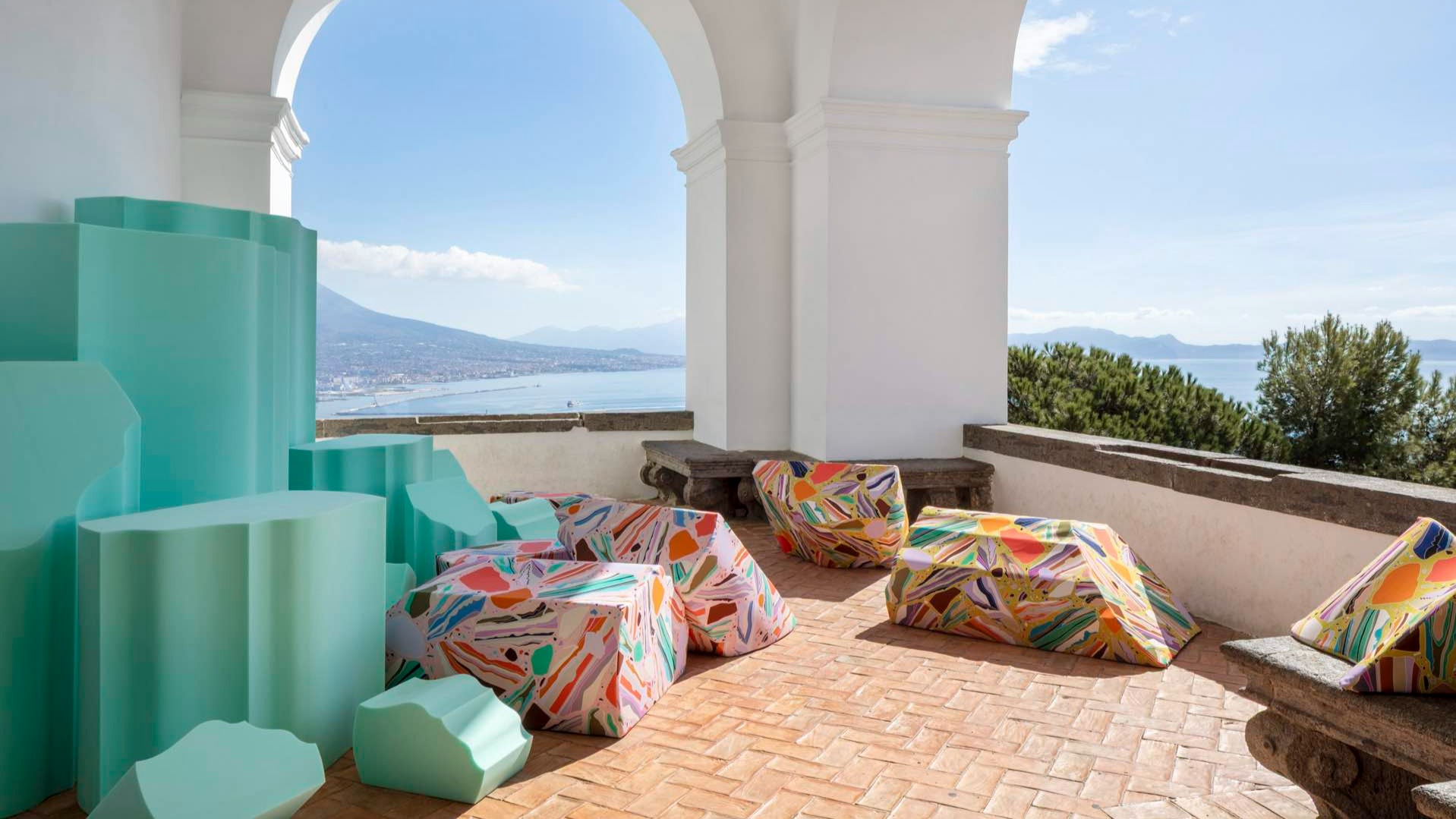 The international design fairs shaping 2026
The international design fairs shaping 2026Passports at the ready as Wallpaper* maps out the year’s best design fairs, from established fixtures to new arrivals.
-
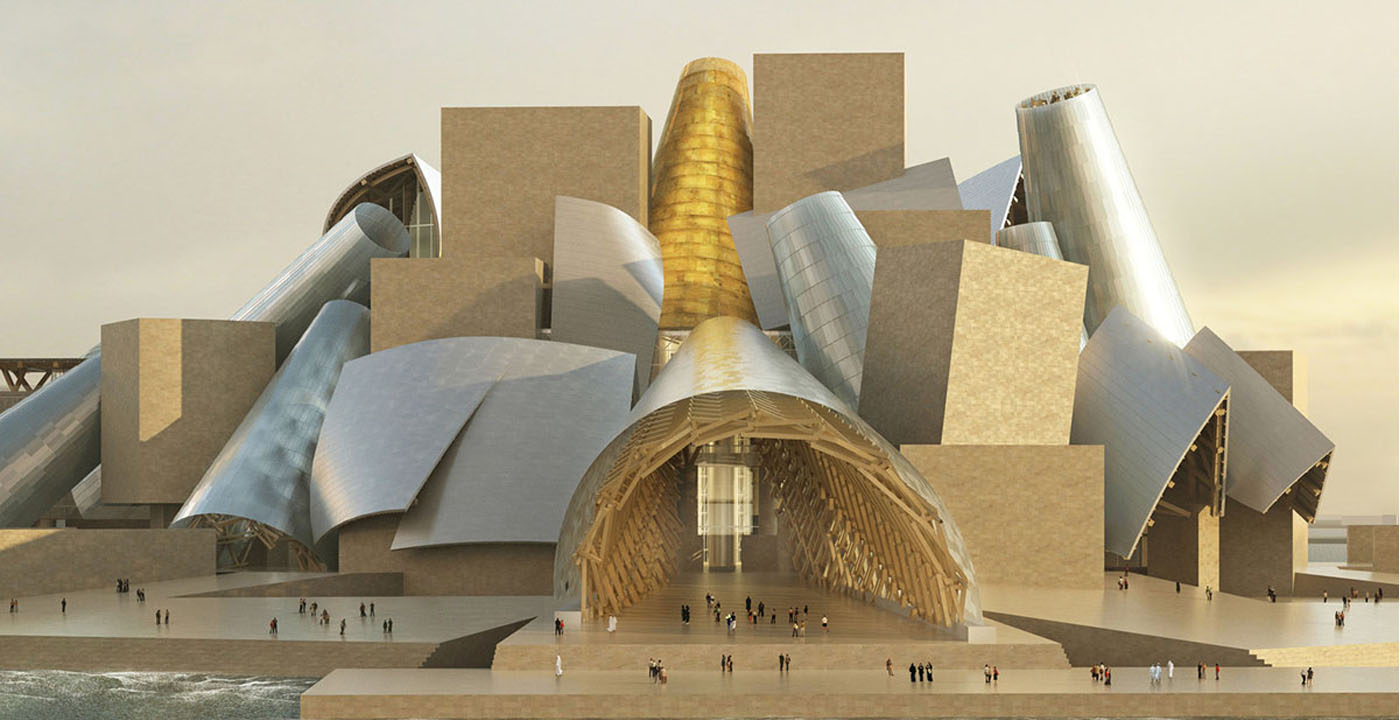 The eight hotly awaited art-venue openings we are most looking forward to in 2026
The eight hotly awaited art-venue openings we are most looking forward to in 2026With major new institutions gearing up to open their doors, it is set to be a big year in the art world. Here is what to look out for
-
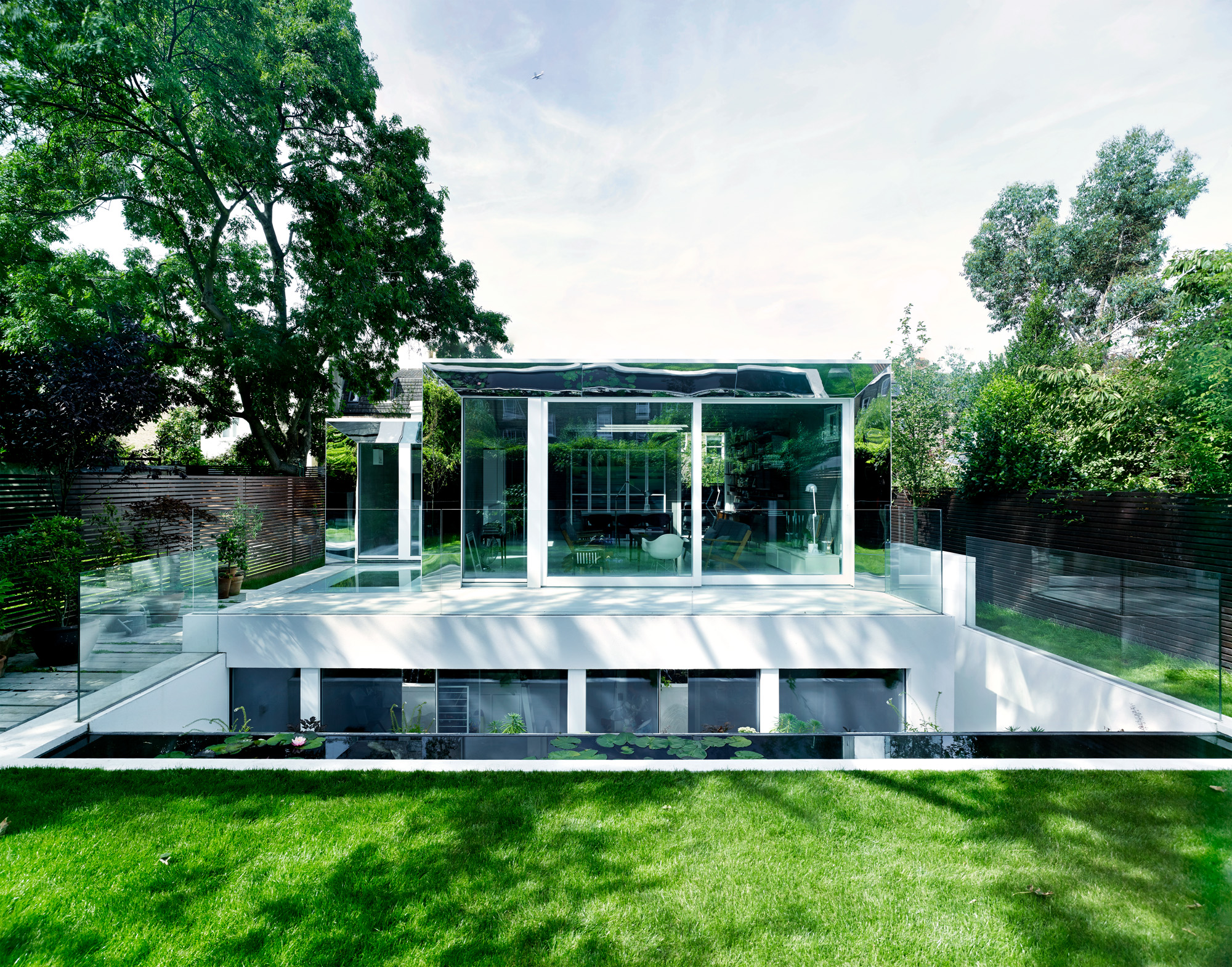 This modern Clapham house is nestled indulgently in its garden
This modern Clapham house is nestled indulgently in its gardenA Clapham house keeps a low profile in south London, at once merging with its environment and making a bold, modern statement; we revisit a story from the Wallpaper* archives
-
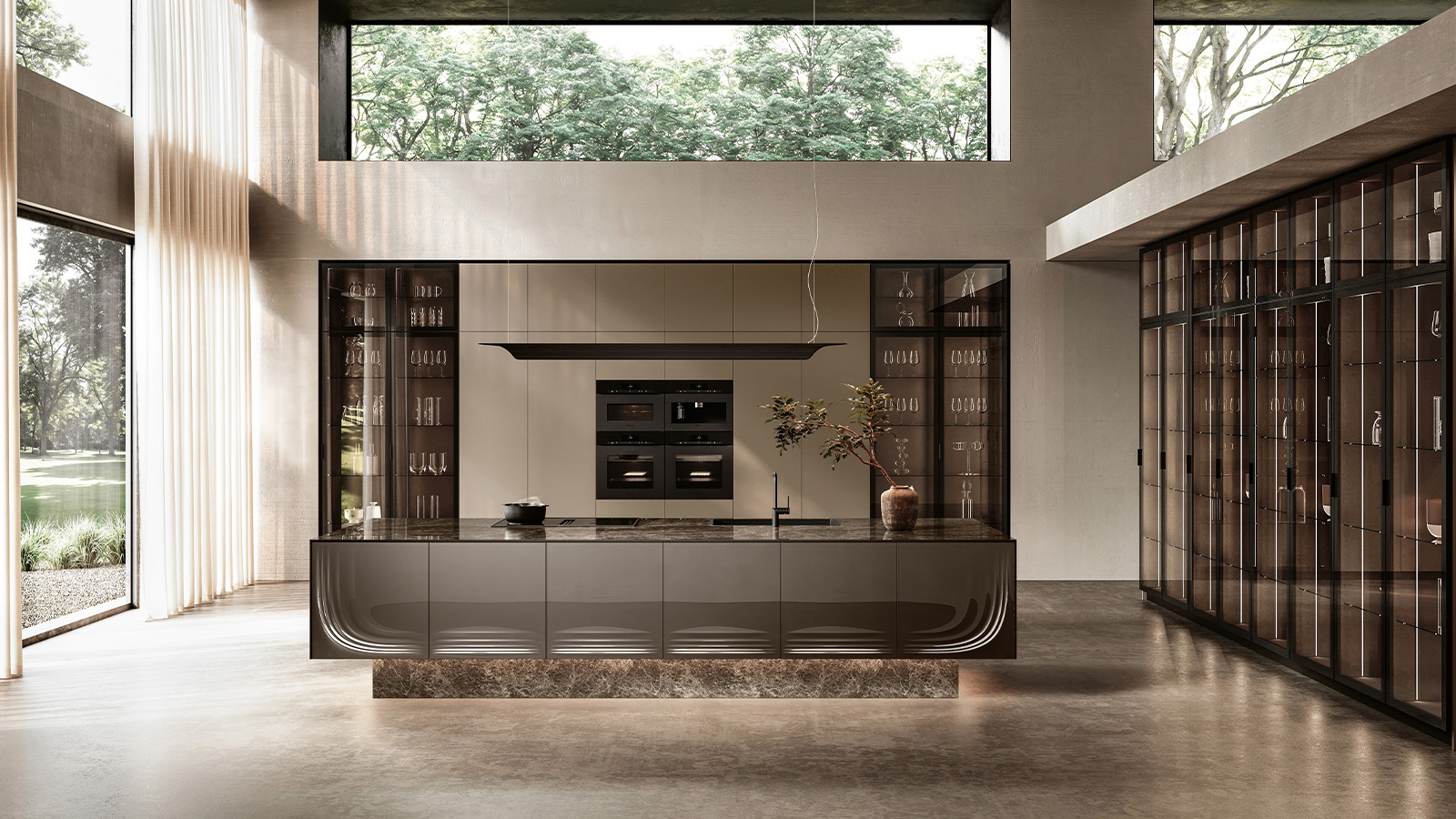 Zaha Hadid Architects’ collection with Febal Casa is inspired by the geology of coastlines
Zaha Hadid Architects’ collection with Febal Casa is inspired by the geology of coastlinesZaha Hadid Architects and Febal Casa's Onda is a kitchen and sideboard collection inspired by the movement of the Adriatic coast
-
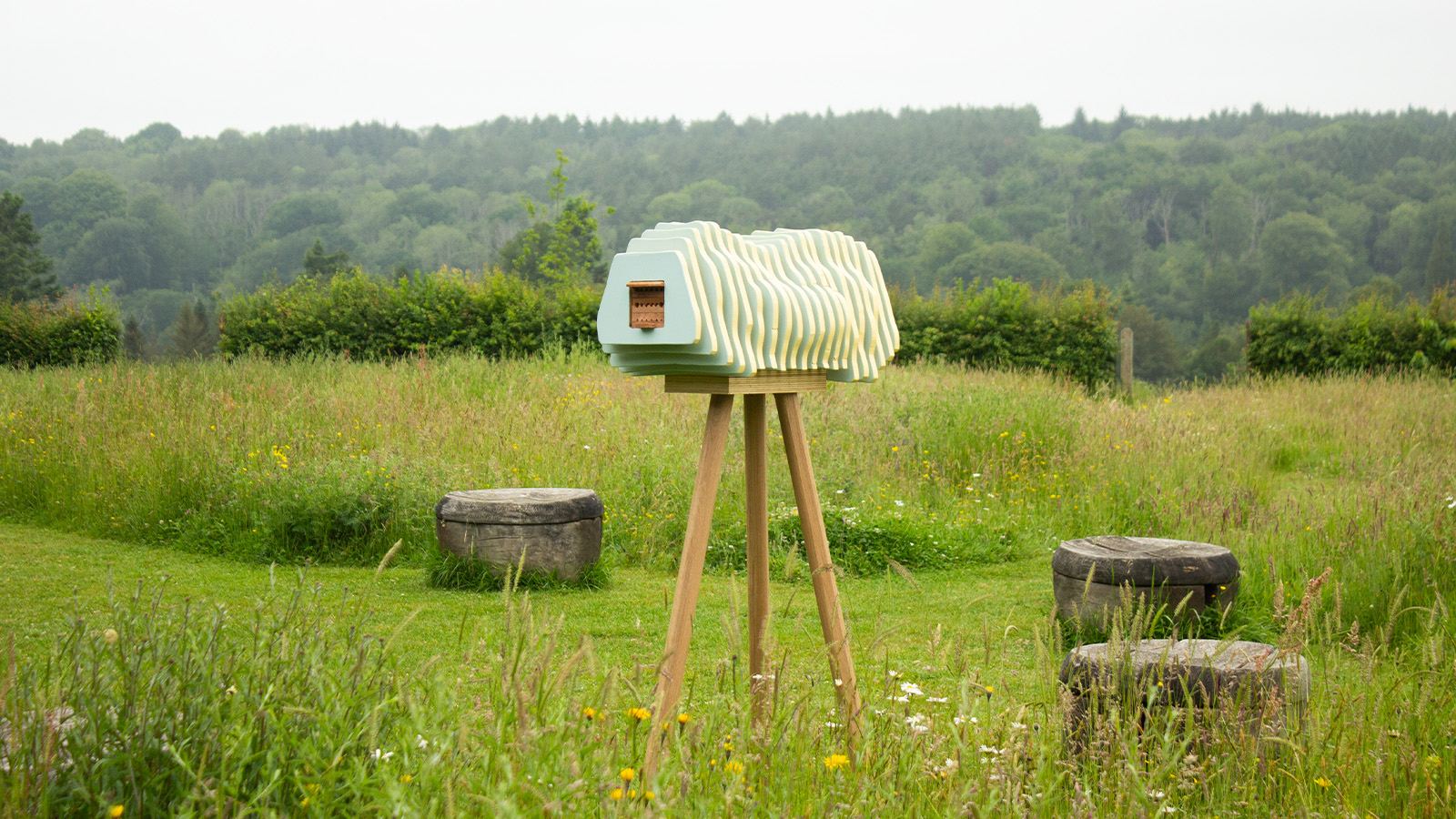 Bees can now check in at Kew’s new pollinator hotel
Bees can now check in at Kew’s new pollinator hotelAt Wakehurst, Kew’s wild botanic garden, artist Kristina Pulejkova unveils four functional sculptures that tell the hidden story of seeds and act as a refuge for bees during the heat of summer
-
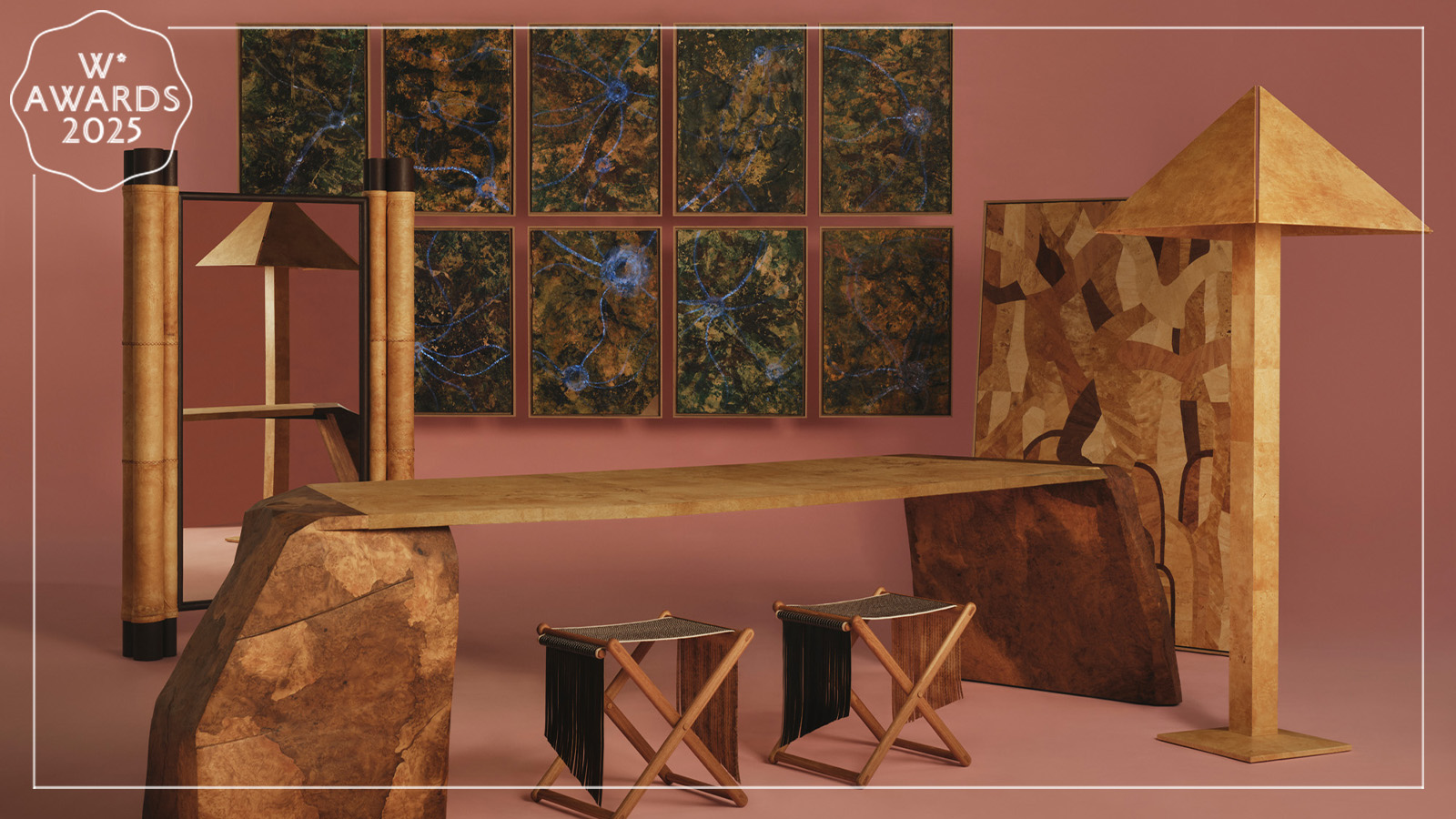 We feel a growing passion for MycoWorks, the company inspiring beauty with fungal-based biomaterial
We feel a growing passion for MycoWorks, the company inspiring beauty with fungal-based biomaterialReishi is a Wallpaper* Design Award winner, a new self-growing, biodegradable material by MycoWorks presented in a series of exquisite expressions of earthy and ethereal furniture, lighting and artworks
-
 Boffi and Zaha Hadid Design’s new Cove Kitchen, an Italian island dream
Boffi and Zaha Hadid Design’s new Cove Kitchen, an Italian island dreamThe newly updated Cove Kitchen is conceived as a modular hub of creation and conviviality
-
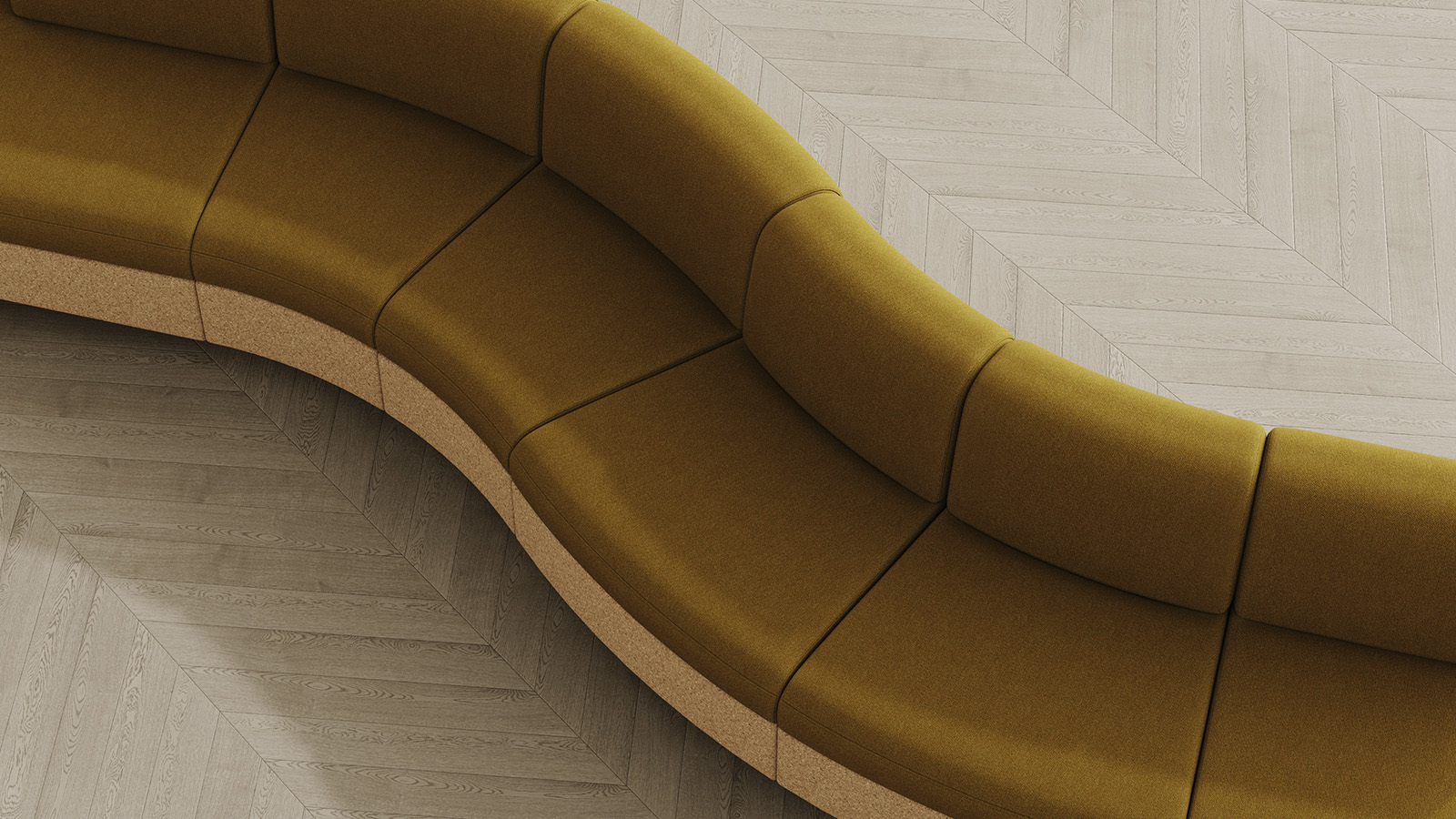 This new all-natural sofa is made with cork leftover from the production of wine stoppers
This new all-natural sofa is made with cork leftover from the production of wine stoppersIsomi’s ‘Tejo’ sofa is constructed entirely of natural materials and features a modular, experimental design
-
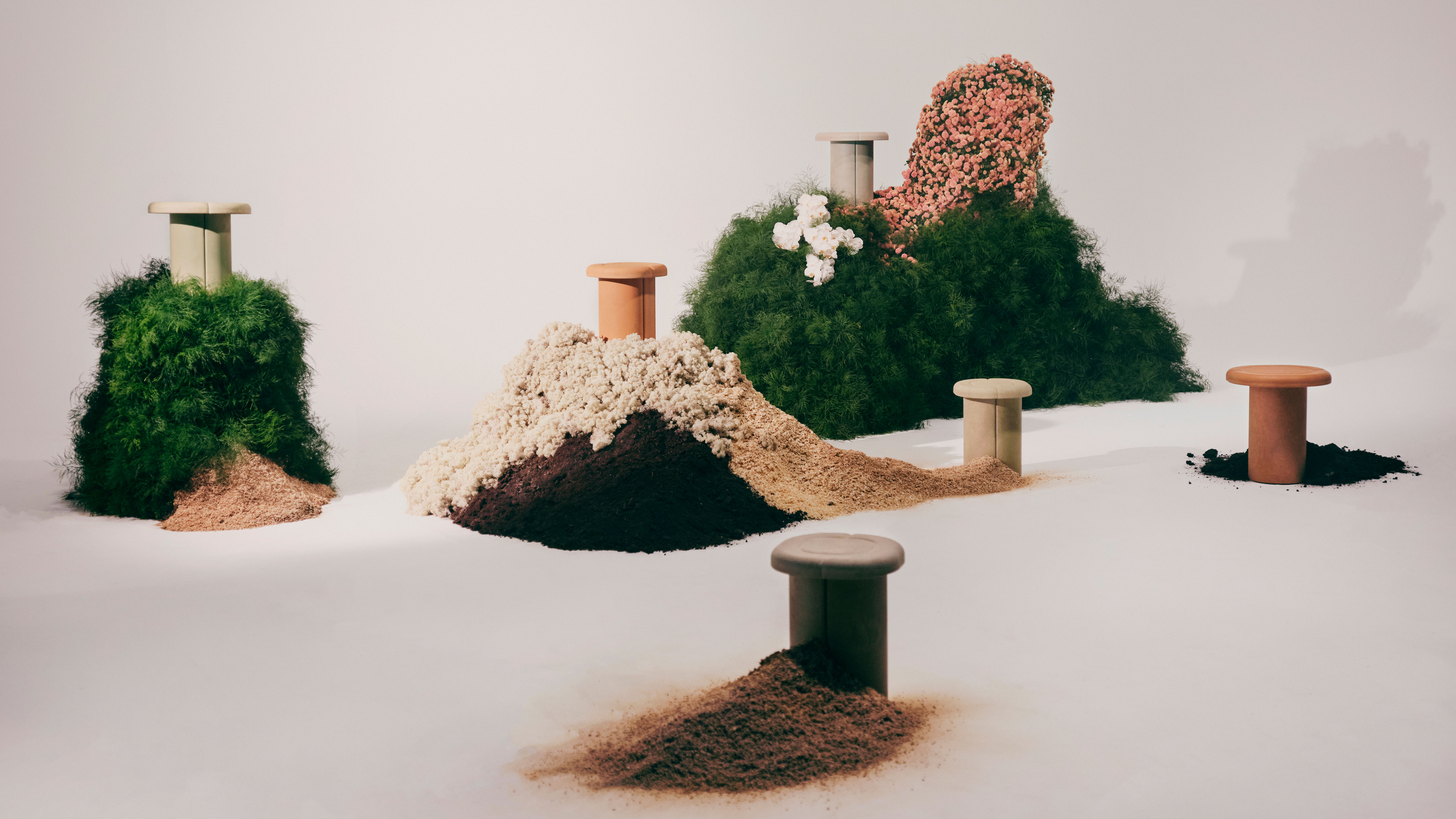 New Mater tables by Patricia Urquiola are made from recycled coffee beans
New Mater tables by Patricia Urquiola are made from recycled coffee beansThe Alder collection of tables by Patricia Urquiola for Mater make their debut at Milan Design Week 2024, and are made of a specially-developed material made from recycled coffee beans
-
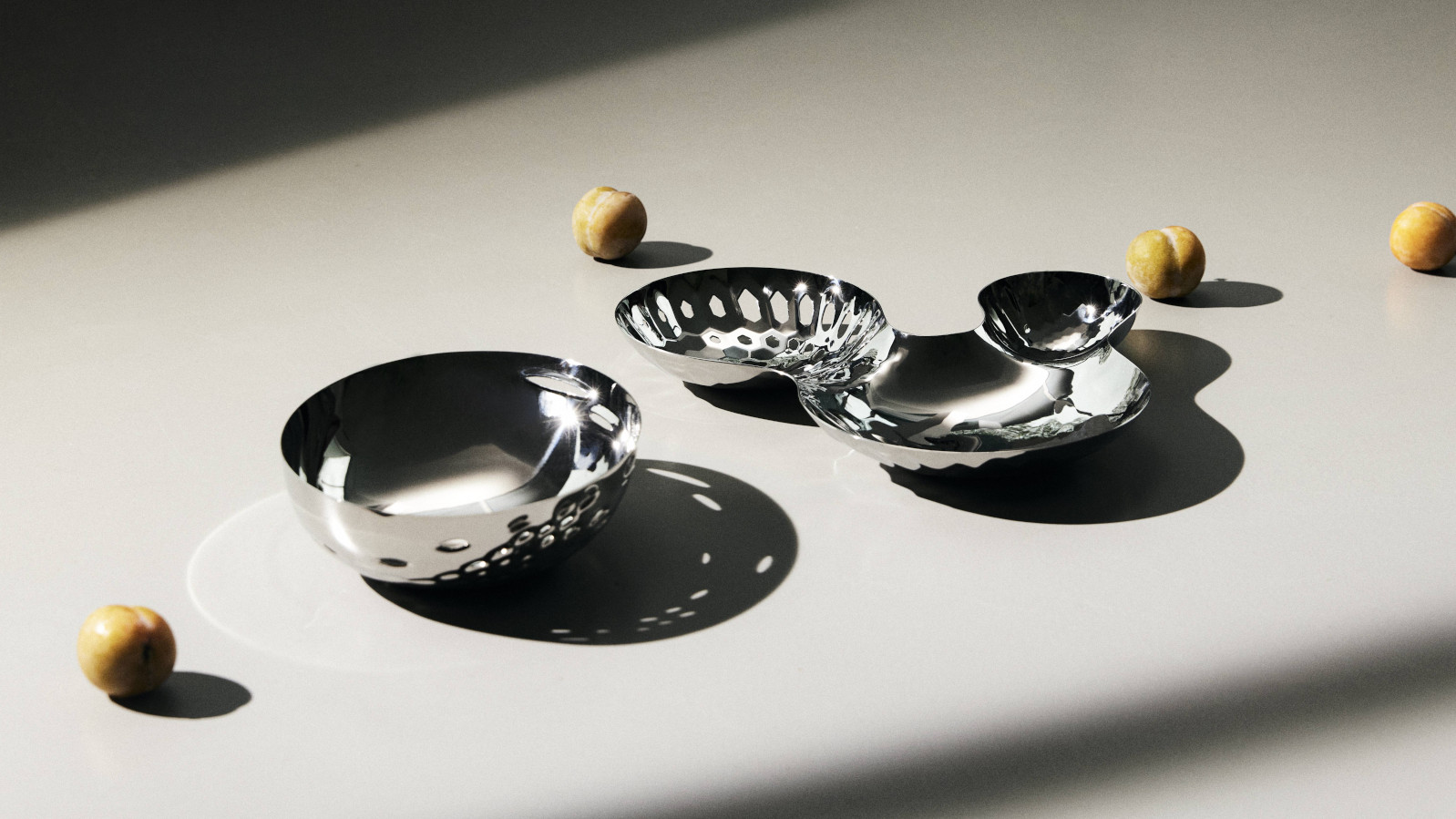 Zaha Hadid Design serves up sophisticated new tableware
Zaha Hadid Design serves up sophisticated new tablewareTableware takes on compelling forms as Zaha Hadid Design shows its polish with new additions to its collections
-
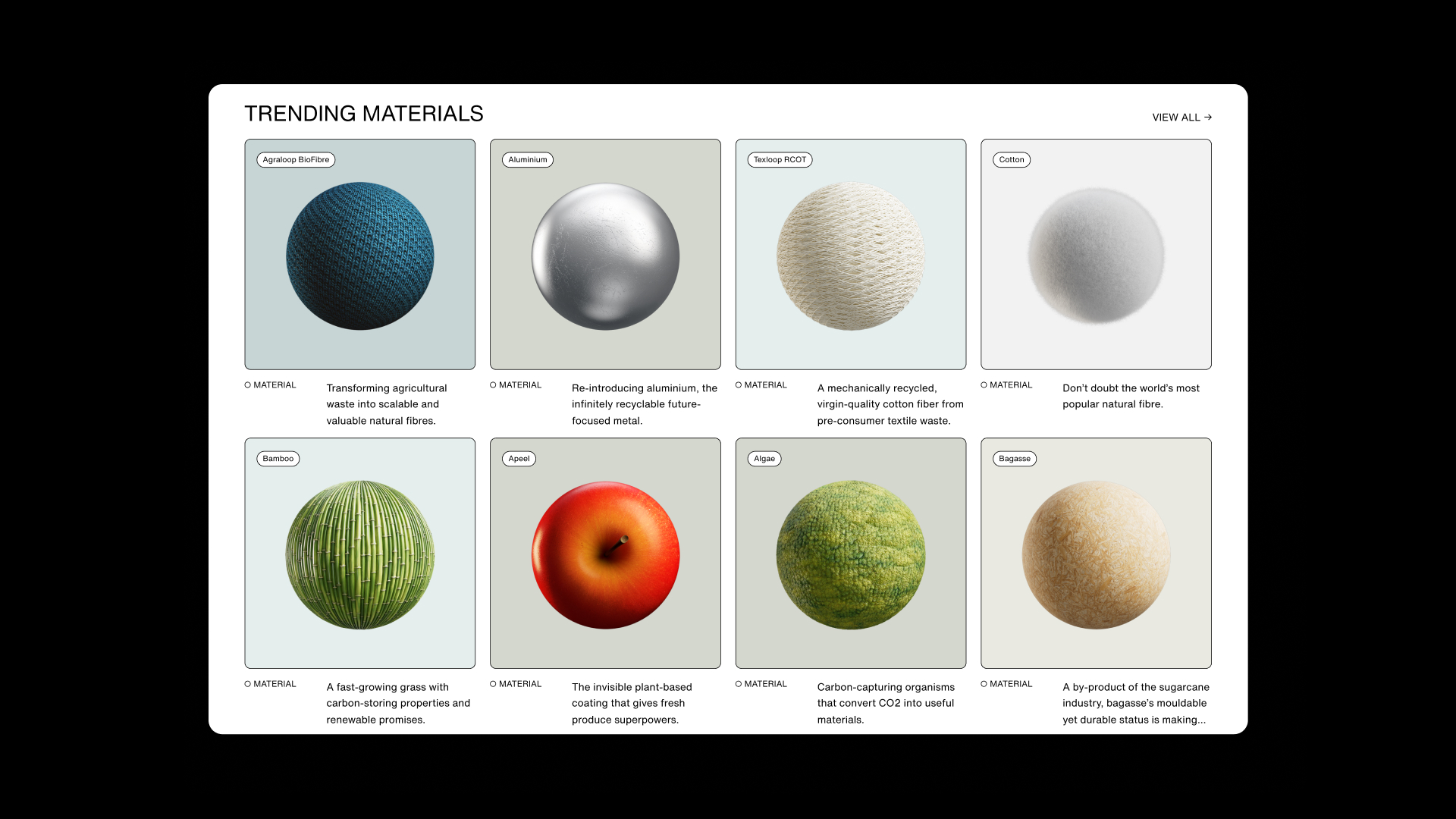 Discover Plastic Free: the new online destination for alternative materials
Discover Plastic Free: the new online destination for alternative materialsPlastic Free is a new portal for creatives looking to explore alternatives to plastic in their work